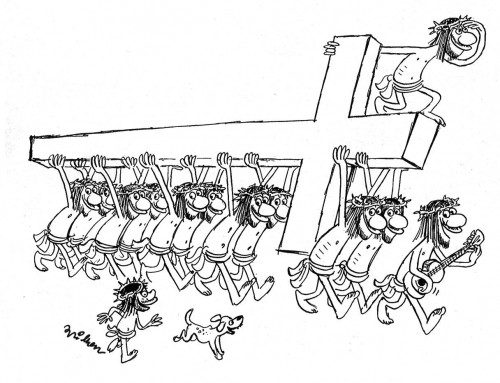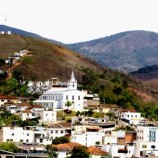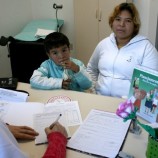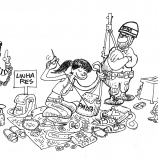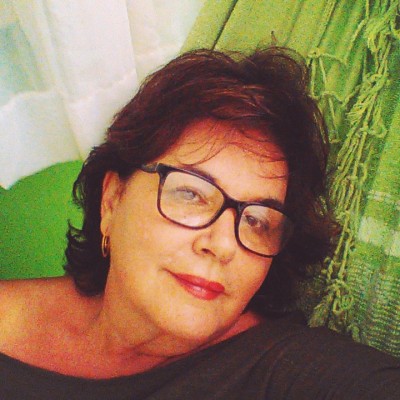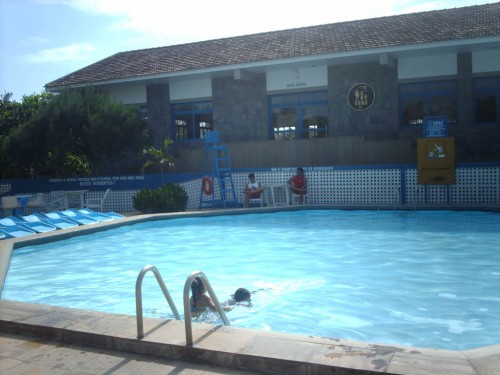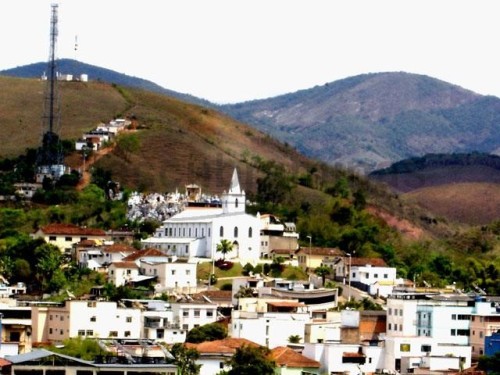Crevices of Solidarity – Part II – How it all started
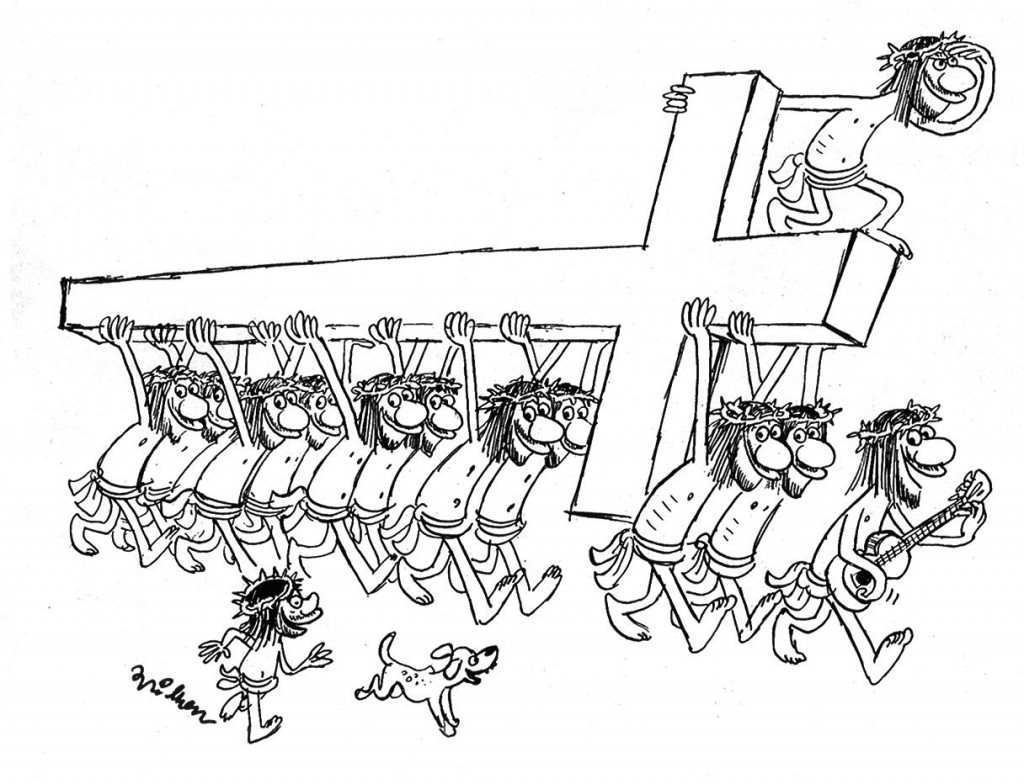
It was September or October 1973. I was working on the first floor of the old bus station building on Avenida Rio Branco where the Secretary of Labor and Welfare was located. I was 22 years old and head of the Section of Social Resources Management which was in charge of the Helpdesk for Homeless and Poor Migrants.
1973 was the first year of Itamar Franco’s second term of office in Juiz de Fora. One time, as I recall, at the end of the workday, an intern named Annie told me that we had a migrant married couple coming from the state of Pará, but which refused to give an interview unless it was done in private by me alone. I insisted that they talk to the social worker Cristina Peliano, who coordinated directly with Central, but they refused.
I always joke around when I say that if I were a bureaucrat, or just an official, a standpoint which I have rejected my entire life, I would not be telling this story right now, as it simply would not have happened. Breaking the norm, I went off to meet Isa and Humberto and, confidentially, attended to them. I didn’t even care to make out an assistance form, OF COURSE NOT!
Isa was pregnant to Wladimir. Humberto told me his story and asked for housing as he had no money. Time, this amazing magician of the universe sometimes eludes us… this event took place so long ago and yet it seems like it happened only yesterday; the memories are just too vivid.
Humberto unfolded a piece of paper with unmistakable handwriting on it. It belonged to Diva Maria de Souza, my Social Service colleague, dear friend, girlfriend to Rui, Humberto’s brother, had sent me a note asking to support the couple.
The town hall had a partnership with the São Vicente de Paula Dormitory and with the Soup Kitchen; both appealed to the case, but I decided to invite them to stay at my home, without consulting my husband first, to meet Diva’s request.
I was absolutely sure that Geninho would welcome them with the utmost enthusiasm and generosity, in virtue of their political beliefs. Geninho at that time was very connected to APML, the Marxist-Leninist Popular Action, survivor of the Student Movement of Juiz de Fora.
Humberto and Isa had strayed into needy migrants. I still remember Isa in her very simple cotton dress and a brown coat. Their clothing was all worn out, but they possessed an intelligence and reasoning that was simply brilliant… We had a wonderful conversation which helped us, Geninho and I, to understand the saga of the left-wing militants, the need to deepen our commitment to socialism and overthrowing the dictatorship, commitments that led us to becoming cooperatives of FRELIMO, Mozambique Liberation Front, still in the 70’s, under the coordination of the Brazilian Communist Party (PCB) which Geninho joined when he was still underground.
Humberto, changed his name to Sebastian in order to travel to China, which did not have diplomatic relations with Brazil at the time. There were stories and more stories that populated our early marriage in Juiz de Fora and led us to understand a world still unimaginable to us.
In fact, Humberto was sentenced in the 4th Military Regional Court. He could have been acquitted, as he himself assessed, because he had already served much prison time. I still remember the harsh accusation of Prosecutor Simeon de Faria, who condemned him to over two months in penitentiary. Isa returned to Pará.
Wladimir, as a side note, was a tribute to Lenin. Humberto was a staunch Leninist and influenced Geninho to read all the books by the Soviet leader.
One episode, which I’ll never forget, was at Humberto’s trial when the prosecutor tried to add more time to his penalty for having a passport with another identity. The upstanding Juiz Mauro Sandhu Talbot overruled, claiming that such a change was a requirement of his political activity and should be the object of civil court, as ideological falsehood, and not the object of military justice.
After the trial, it was already very late at night and Humberto went straight to Linhares Penitentiary. Isa went to my house where she cried, cried and cried some more. I hardly knew what to say.
We didn’t get any sleep on the night of the trial because we had to put little Bia in our bed, a year and a half old, torn from the arms of her mother Zoraide by an unprecedented sentencing. But that’s another story. Let us get back to Humbert.
Humberto was the reason why we approached the political prisoners at Linhares. He was suffering from severe headaches and Geninho, who had just concluded medical school, decided to investigate. Humberto got leave to go out and make consultations and medical examinations which did not point to anything … until one day it was suspected that it could be a dislocation of the dental arch.
Geninho and I went to Dr. Cassadio’s house in the elegant district of Santa Helena and told him Humbert’s story. Cassadio agreed to attend to him in the spirit of solidarity and for this he had the support of his wife, Cléa, who participated in the Christian Renewal movement and who, along with Dona Leda and Dona Celia Teixeira, integrated groups engaged in the political struggle of democratic resistance and solidarity of Juiz de Fora.
The case of Humberto was severe; torture had dislocated his arterial arcades. When he got out of prison, he stayed in Juiz de Fora. He did an upscale health treatment, which very few were able to do at that time, by the miraculous hands of the renowned professional, Antonio of Christian Cassadio.
The network was formed in the loom of solidarity, with the progressive pursuit of the society of Juiz de Fora, specifically in the churches oriented by Liberation Theology, the Student Movement, the democrats, the resisting, as shouted in the book “Baú de Ossos” by Pedro Nava.
Related Articles


